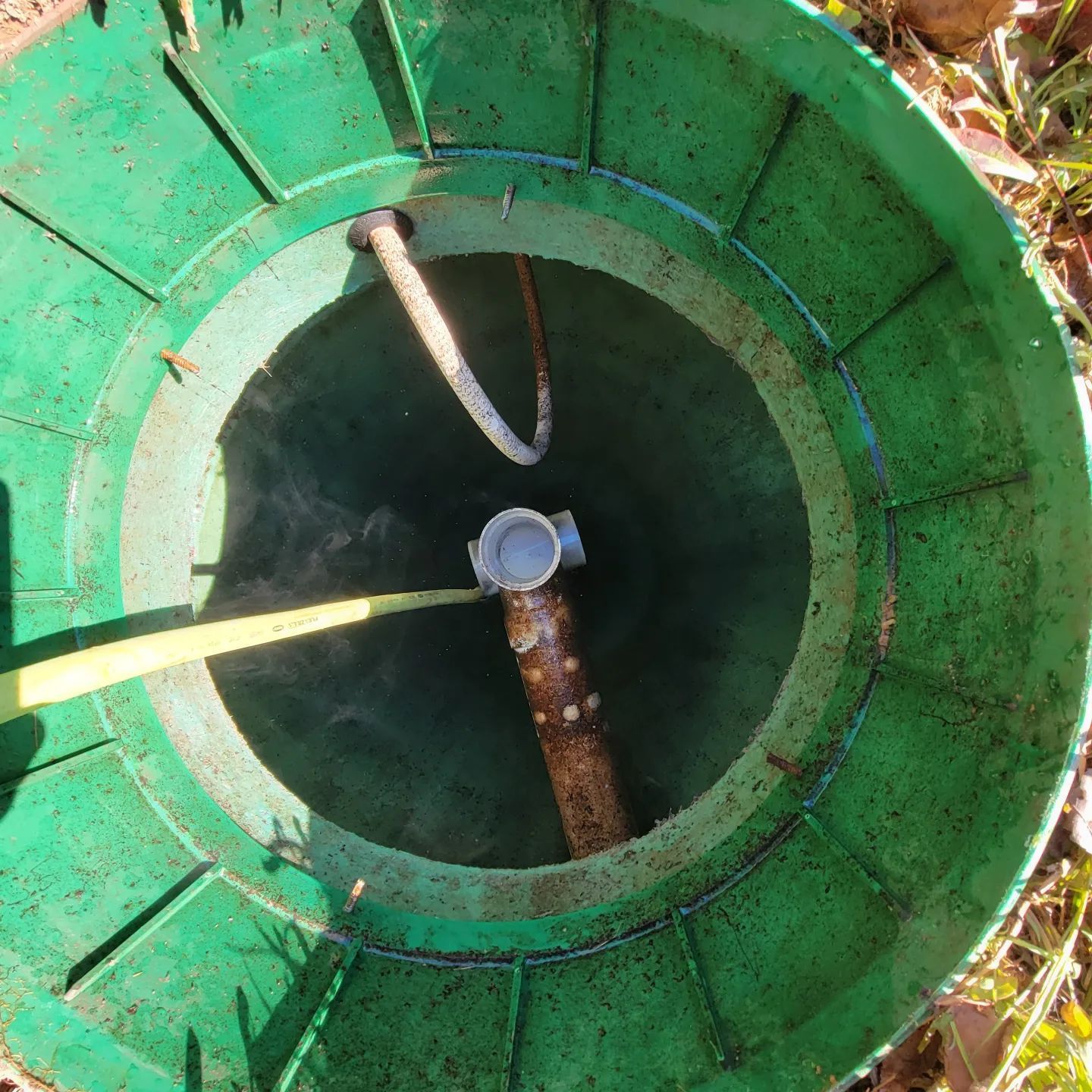February 4, 2026
The Essential Guide to Septic System Maintenance: Tips for Oxford Homeowners Maintaining a septic system is a critical aspect of homeownership that ensures the long-term functionality of your wastewater treatment system. For Oxford homeowners, understanding the fundamentals of septic system maintenance can save you from unexpected repairs, protect your property value, and preserve the environment. This comprehensive guide from Oxford Septic Services provides valuable tips and insights into keeping your septic system in optimal condition. 1. Understanding Your Septic System Before diving into maintenance practices, it’s essential to understand how your septic system works. A typical septic system comprises several key components: Septic Tank: The primary chamber where waste is collected and processed. Solid waste settles at the bottom, forming sludge, while lighter materials like grease float to the top as scum. The liquid waste, or effluent, flows out of the tank and into the drain field. Drain Field: Also known as a leach field, this area consists of perforated pipes buried in trenches filled with gravel or other aggregate. The effluent is distributed through these pipes and filtered by the surrounding soil before it returns to the groundwater. Soil Absorption Area: The soil in the drain field that absorbs and treats the effluent through natural filtration processes. 2. Regular Pumping One of the most critical aspects of septic system maintenance is regular pumping. Over time, solids accumulate in the septic tank, reducing its capacity and efficiency. If not pumped out periodically, these solids can overflow into the drain field, causing clogs and system failures. How Often Should You Pump Your Septic Tank? The frequency of septic tank pumping depends on several factors, including: Household Size: Larger households generate more waste, so tanks may need to be pumped more frequently. Tank Size: Larger tanks can hold more waste and may require less frequent pumping compared to smaller ones. Water Usage: High water usage, such as frequent laundry or dishwashing, can accelerate the accumulation of solids. System Design: Certain designs may necessitate more frequent maintenance. As a general rule, homeowners should plan to have their septic tank pumped every 3 to 5 years. However, it’s best to consult with a professional from Oxford Septic Services to determine the ideal schedule for your specific system. 3. Regular Inspections In addition to pumping, regular inspections are vital for identifying potential issues before they become major problems. During an inspection, a professional will: Check for Leaks: Inspect the tank and pipes for any signs of leaks or damage. Assess System Performance: Evaluate the overall performance of the system, including the function of the drain field and soil absorption area. Measure Sludge Levels: Determine the amount of sludge and scum in the tank to assess whether pumping is needed. Routine inspections help ensure that your septic system operates efficiently and can extend its lifespan by addressing minor issues early. 4. Proper Waste Disposal What you put down your drains and toilets has a significant impact on the health of your septic system. Proper waste disposal practices include: Avoid Flushing Non-Biodegradable Items: Items such as wipes, feminine hygiene products, and paper towels do not break down easily and can cause clogs in the system. Minimize Use of Chemical Drain Cleaners: Harsh chemicals can disrupt the balance of beneficial bacteria in the septic tank, affecting its ability to break down waste. Dispose of Grease Properly: Grease and oil can solidify in the pipes and tank, leading to blockages. Dispose of grease in the trash rather than pouring it down the drain. 5. Water Conservation Conserving water helps reduce the strain on your septic system. Excessive water usage can overload the system, causing it to fail prematurely. Here are some tips for water conservation: Fix Leaks: Repair any leaks in faucets, toilets, and pipes to prevent water wastage. Install Low-Flow Fixtures: Use low-flow toilets, showerheads, and faucets to reduce water consumption. Practice Efficient Laundry and Dishwashing: Run dishwashers and washing machines with full loads and use efficient settings to minimize water usage. 6. Maintaining the Drain Field The drain field is a crucial component of your septic system, and maintaining it is essential for proper wastewater treatment. To protect your drain field: Avoid Parking or Driving on the Drain Field: Heavy vehicles or equipment can compact the soil and damage the drain field pipes. Keep the Area Clear: Ensure that the area above the drain field is free of trees, shrubs, or other vegetation that can interfere with the system. Avoid Excessive Water Runoff: Directing excess water from downspouts or landscaping away from the drain field can prevent over-saturation and system failure. 7. Seasonal Maintenance Different seasons can affect your septic system’s performance. Be proactive with seasonal maintenance by: Winterizing Your System: In cold weather, prevent freezing by keeping the area around the septic tank and drain field insulated and avoiding excessive snow accumulation. Summer Care: During hot weather, be mindful of water usage and avoid overloading the system with heavy rainfall or irrigation. 8. Addressing Common Issues Here are some common septic system issues and how to address them: Slow Drains: Slow or backed-up drains may indicate a problem with the septic system. Consider scheduling an inspection to identify and resolve the issue. Foul Odors: Unpleasant smells around the septic system could be a sign of a problem. Check for leaks or clogs and consult with a professional if the issue persists. Standing Water: Standing water near the drain field could indicate a failure in the system. This may require immediate attention from a septic service provider. 9. Choosing the Right Septic Service Provider When selecting a septic service provider, consider the following factors: Experience and Expertise: Choose a company with experience in septic system maintenance and repairs. Oxford Septic Services has a proven track record of providing high-quality service. Reputation: Look for reviews and recommendations from other homeowners to ensure the provider has a good reputation. Certification and Licensing: Ensure that the company is properly licensed and certified to perform septic system work in your area. 10. The Role of Oxford Septic Services Oxford Septic Services is committed to helping Oxford homeowners maintain their septic systems effectively. With a range of services including inspection, pumping, and repairs, our team ensures that your system operates efficiently and reliably. Contact us today to schedule an appointment or learn more about how we can assist you. Conclusion Maintaining a septic system is essential for ensuring its longevity, protecting your property, and safeguarding the environment. By following these tips and staying proactive with regular maintenance, you can keep your septic system in top shape and avoid costly repairs. For expert assistance and reliable septic services, trust Oxford Septic Services to provide the support you need.




